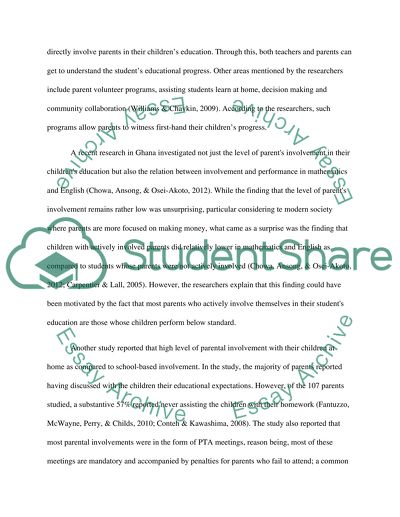Cite this document
(“How parents participate in their children's education Literature review”, n.d.)
How parents participate in their children's education Literature review. Retrieved from https://studentshare.org/education/1632375-the-ways-in-which-parents-participate-in-their-childrens-education
How parents participate in their children's education Literature review. Retrieved from https://studentshare.org/education/1632375-the-ways-in-which-parents-participate-in-their-childrens-education
(How Parents Participate in Their children'S Education Literature Review)
How Parents Participate in Their children'S Education Literature Review. https://studentshare.org/education/1632375-the-ways-in-which-parents-participate-in-their-childrens-education.
How Parents Participate in Their children'S Education Literature Review. https://studentshare.org/education/1632375-the-ways-in-which-parents-participate-in-their-childrens-education.
“How Parents Participate in Their children'S Education Literature Review”, n.d. https://studentshare.org/education/1632375-the-ways-in-which-parents-participate-in-their-childrens-education.


